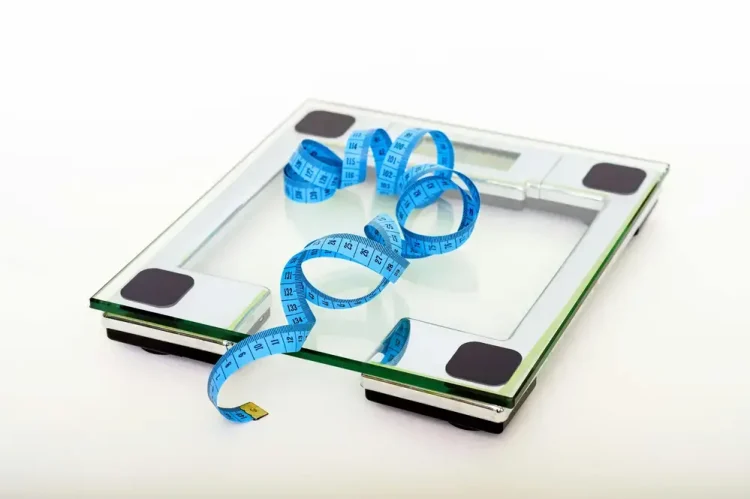Weight loss is a topic that is often surrounded by myths and misconceptions. Many people struggle to separate fact from fiction when it comes to shedding those extra pounds. In this article, we debunk some of the most popular myths about weight loss to help you navigate your journey to a healthier you.
Myth 1: You Can Lose Weight Quickly and Easily
One of the most common misconceptions about weight loss is that it can happen overnight, with minimal effort. The truth is, sustainable weight loss takes time, dedication, and consistency. Crash diets or extreme exercise regimens may result in rapid weight loss initially, but they are not sustainable in the long run and can be harmful to your health.
Myth 2: Carbs Are the Enemy
Carbohydrates have gotten a bad reputation when it comes to weight loss, but not all carbs are created equal. While refined carbs like white bread and sugary snacks should be limited, complex carbohydrates like whole grains, fruits, and vegetables are an essential part of a balanced diet. Cutting out carbs entirely is not sustainable and can lead to nutrient deficiencies.
Myth 3: Supplements Can Help You Lose Weight
Many supplements claim to aid in weight loss, but the reality is that a magic pill for shedding pounds does not exist. While some supplements may have minor benefits, they are not a substitute for a healthy diet and regular exercise. It’s important to be wary of products that make bold claims without scientific evidence to back them up.
Myth 4: Cardio Is the Only Way to Lose Weight
Cardiovascular exercise is often recommended for weight loss, but it is not the only way to shed pounds. Strength training is equally important for building muscle mass, which can help boost your metabolism and burn calories more efficiently. A well-rounded fitness routine that includes both cardio and strength training is ideal for achieving and maintaining a healthy weight.
Myth 5: Skipping Meals Will Help You Lose Weight
Skipping meals or severely restricting calories may seem like a quick way to cut back on your daily intake, but it can actually have the opposite effect. When you skip meals, your body goes into starvation mode and slows down your metabolism to conserve energy. This can make it harder to lose weight and may lead to overeating later on.
Myth 6: Healthy Foods Are Always Low in Calories
While healthy foods like fruits, vegetables, and lean protein are important for a balanced diet, they still contain calories. Eating too much of anything, even healthy foods, can lead to weight gain. It’s important to practice portion control and be mindful of your overall calorie intake, even when choosing nutritious options.
Myth 7: You Have to Give Up Your Favorite Foods
Many people believe that weight loss means saying goodbye to their favorite foods forever. In reality, it’s all about moderation and balance. You can still enjoy treats and indulgences in moderation while focusing on overall healthy eating habits. Depriving yourself of the foods you love can lead to feelings of restriction and may ultimately backfire.
By debunking these common myths about weight loss, we hope to provide you with a more realistic and sustainable approach to achieving your health goals. Remember that weight loss is a journey that requires patience, consistency, and a focus on overall well-being. By adopting healthy habits and making informed choices, you can reach your desired weight in a safe and sustainable way.










Discussion about this post